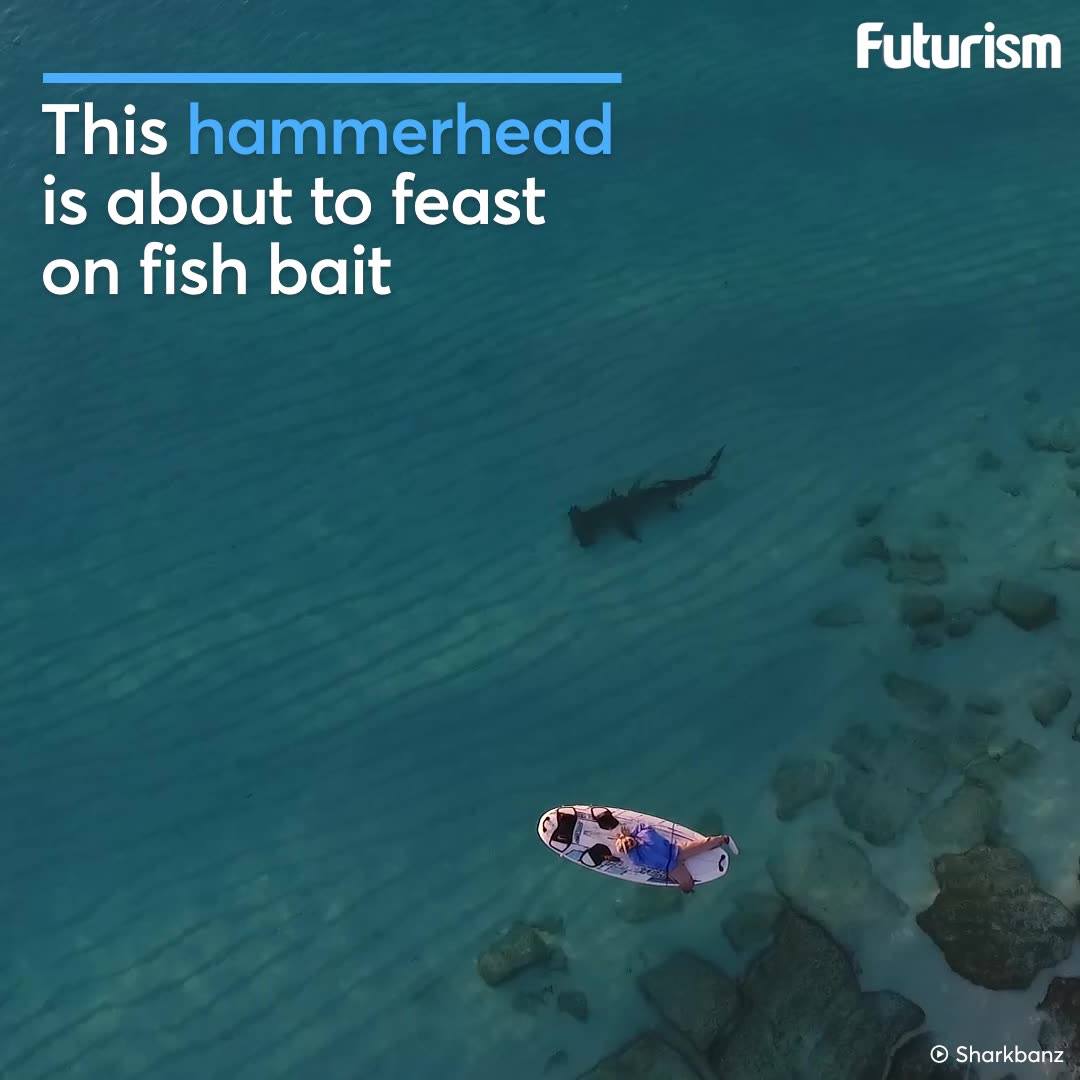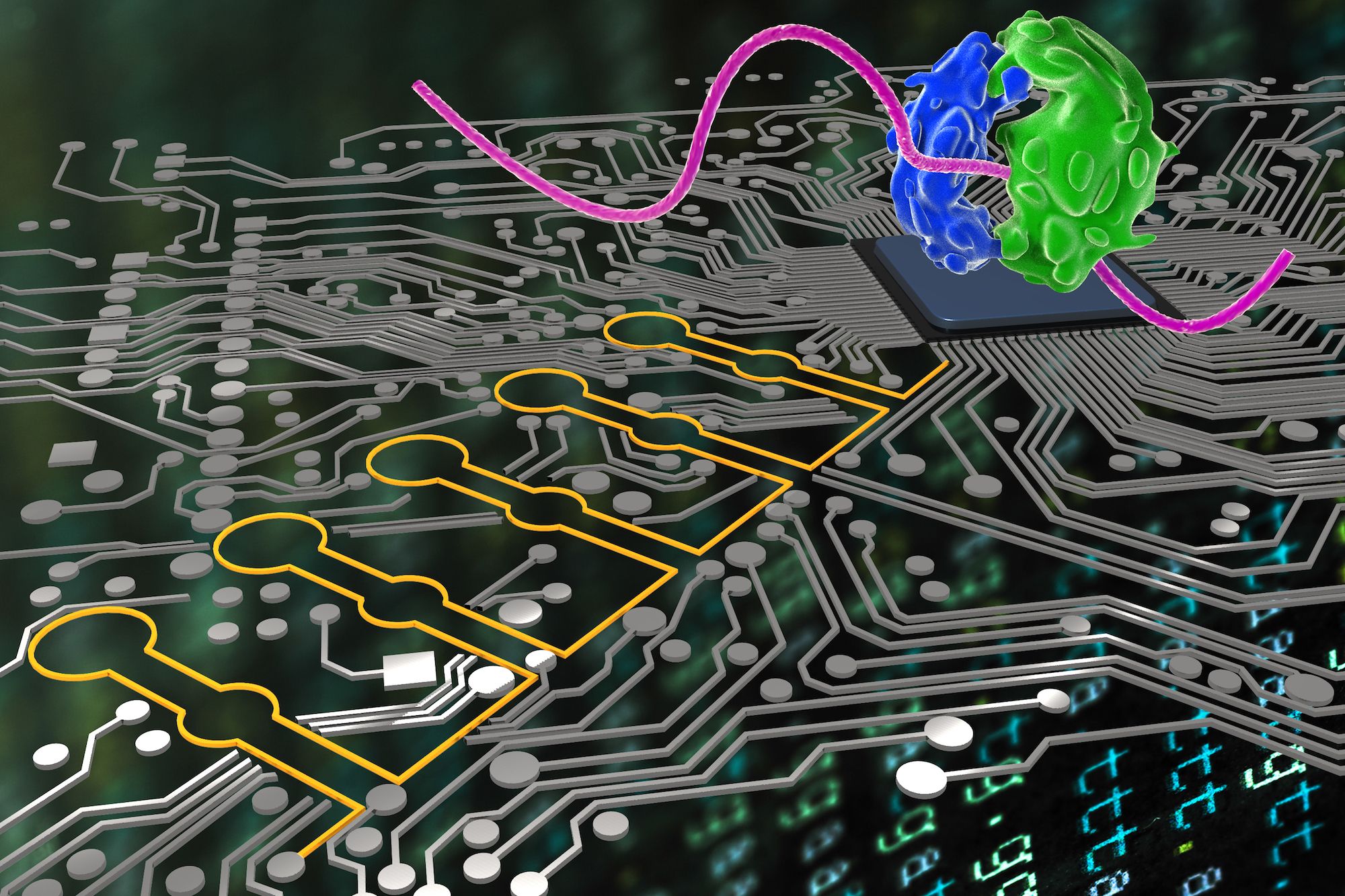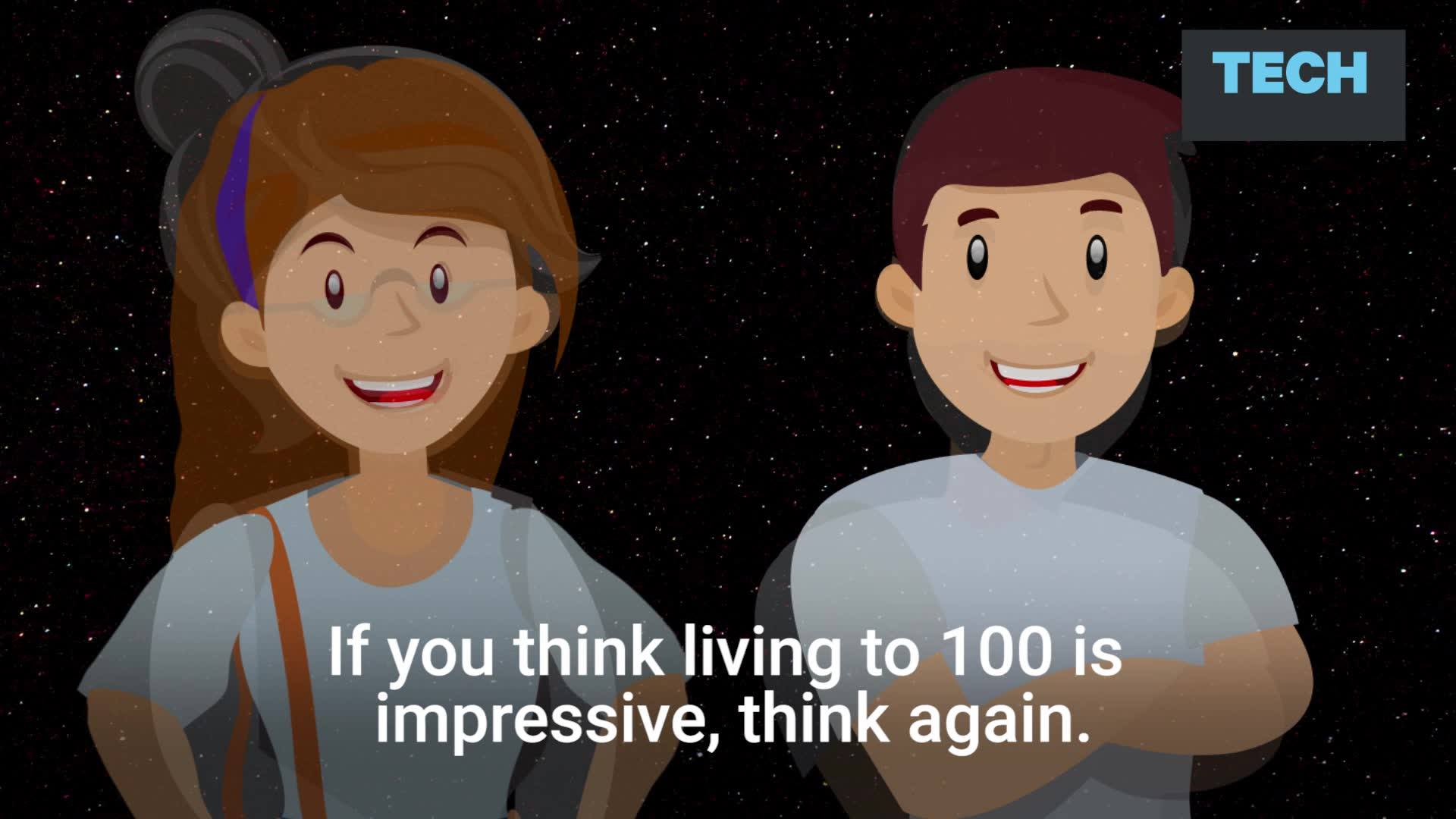Page 9955
Jul 30, 2017
This can protect you from becoming shark bait
Posted by Shailesh Prasad in category: futurism

Jul 30, 2017
Awesome awe: The emotion that gives us superpowers
Posted by Shailesh Prasad in category: media & arts
Awe is so powerful it alters your sense of self, connects you with humanity and boosts your mind and body. And there’s a surprising way to get more of it.
By Jo Marchant
HAVE you ever been stopped in your tracks by a stunning view, or gobsmacked by the vastness of the night sky? Have you been transported by soaring music, a grand scientific theory or a charismatic person? If so, you will understand US novelist John Steinbeck’s response to California’s giant redwood trees, which can soar more than a hundred metres towards the sky. “[They] leave a mark or create a vision that stays with you always,” he wrote. “From them comes silence and awe.”
Continue reading “Awesome awe: The emotion that gives us superpowers” »
Jul 30, 2017
New Research Says Self-Driving Cars Will Save an Absurd Amount of Money Avoiding Car Wrecks
Posted by Shailesh Prasad in categories: economics, robotics/AI, transportation
Jul 30, 2017
Oddball star could be home to long-sought superheavy elements
Posted by Andreas Matt in category: particle physics
One of the most chemically strange stars we know could chart a path to the so-called “island of stability”, where massive yet relatively stable atoms exist.
Jul 30, 2017
Don’t want to be buried or cremated? 5 funeral and burial alternatives
Posted by Derick Lee in category: futurism
In our overpopulated world, we all need to think of new ways to live. But what about new ways to be buried?
Jul 30, 2017
Hacked E. Coli Shows the Promise of Programmable Biology
Posted by Klaus Baldauf in categories: bioengineering, biotech/medical, computing
 Researchers turn living cells into biological sensing and computing platforms.
Researchers turn living cells into biological sensing and computing platforms.
The preferred term is “ribocomputing.” Take a molecule of RNA, the “messenger” chemical that carries instructions from a cell’s DNA to the rest of the cell, and basically rewire it. By hacking the RNA, it’s thus possible to take command of the processes of the cell, particularly that of protein synthesis. It’s also possible to rewire the RNA to respond to specific stimuli, offering an engineered microbiological system that reacts to inputs in the same way that an embedded computer might respond to a temperature sensor of accelerometer.
Synthetic biology or “hacked” biology is a quickly growing field, but the term ribocomputing is scarce, mostly limited to a single 2016 study. That was the case at least until this week and the publication of a paper in Nature describing RNA-based synthetic biological circuits that are capable of implementing just what I described above: sensing external signals and directing cellular machinery to respond to those signals in programmed ways. It’s fascinating but also a bit spooky.
Continue reading “Hacked E. Coli Shows the Promise of Programmable Biology” »
Jul 29, 2017
How DIY biohacking will change society
Posted by Shane Hinshaw in categories: bioengineering, biotech/medical, education, genetics
Imagine a scientist experimenting on her own genes from her kitchen, rather than going to a physician, because she wants to cure a medical ailment. Another “do-it-yourself” scientist across the country extracts DNA samples from plants to figure out how they affect its growth.
DIY biohacking is a relatively new phenomenon in which scientists (typically those with an interest in genetic engineering) want to take biology experimentation outside of the lab or classroom. Currently, it’s mostly used for medical purposes, but the future of DIY biohacking could look a lot different. So we asked four experts a simple question: By the year 2040, what will be the gene most edited via DIY biohacking?
















